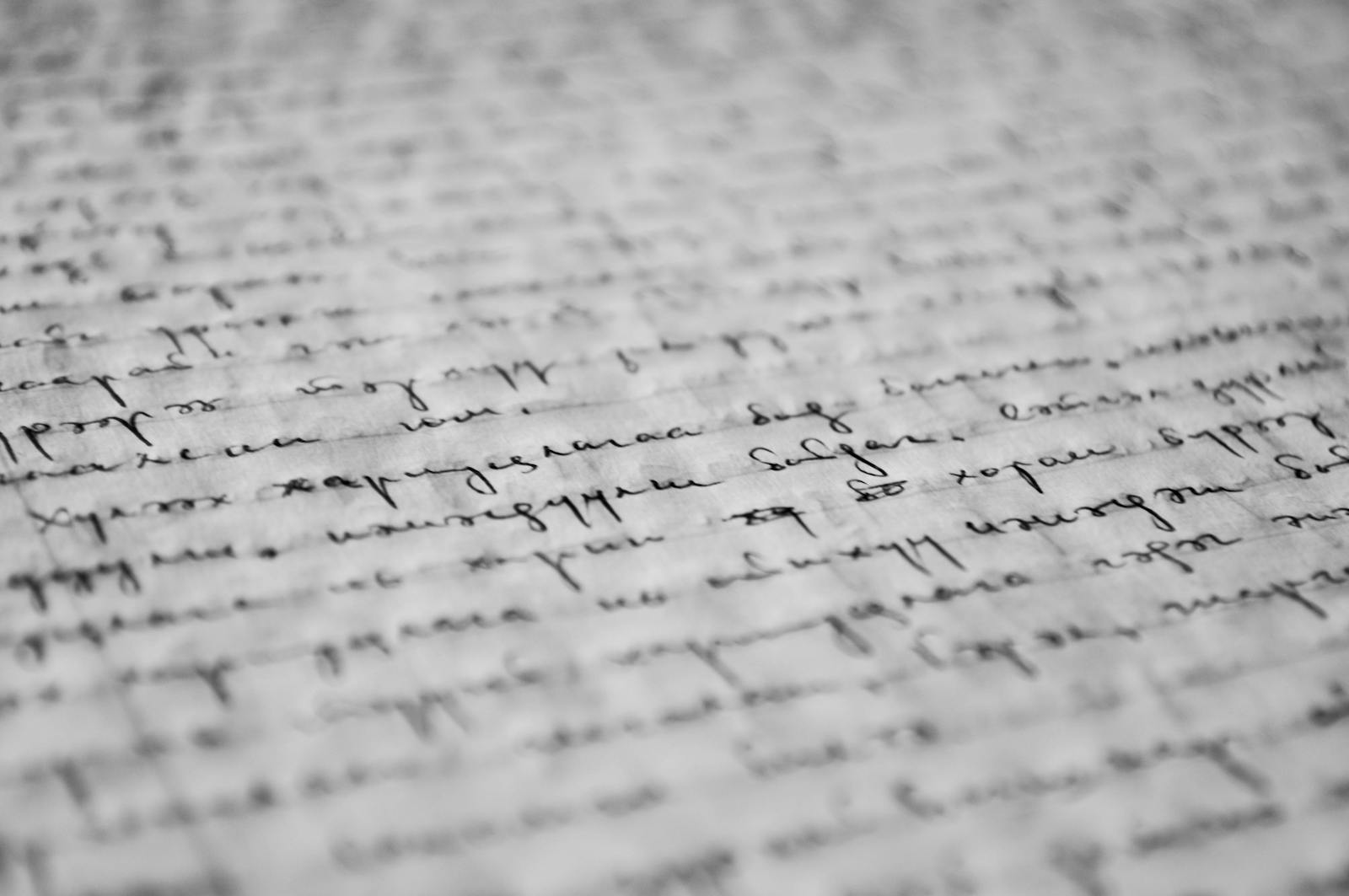In ancient China, the life of the literati—scholars and poets—was intricately woven into the fabric of society, shaped by cultural, philosophical, and political influences. These individuals not only contributed to the literary canon but also reflected the values and struggles of their time through their works. This exploration delves into the lifestyle of ancient literati, examining how their backgrounds influenced their creative expressions and the broader implications for Chinese literature.
A Captivating Prelude: The Scholar’s Journey
Imagine a young scholar in the Tang Dynasty, diligently preparing for the imperial examinations that could secure his future. He spends long hours studying classical texts, practicing calligraphy, and composing poetry. His modest home is filled with scrolls of literature, while outside, the sounds of bustling markets remind him of a world beyond his scholarly pursuits. This scene captures the essence of the ancient literati’s life—a blend of rigorous study, artistic expression, and societal expectations.The literati were often drawn from the gentry class, a social stratum that valued education and moral integrity. Their position allowed them to engage in cultural pursuits while also fulfilling roles as government officials or advisors. This duality shaped their perspectives, enabling them to navigate both the intricacies of governance and the subtleties of artistic creation.
Historical Context: The Role of Confucianism
The influence of Confucianism played a pivotal role in shaping the lives and works of ancient literati. Confucian ideals emphasized moral integrity, social harmony, and respect for authority. Education was highly valued, with a curriculum centered around the Six Arts: rites, music, archery, charioteering, calligraphy, and mathematics. This educational foundation fostered a sense of duty among scholars to serve society through their knowledge and creativity.As civil service examinations became institutionalized during the Sui (581–618 CE) and Tang dynasties (618–907 CE), success in these exams became a pathway to social mobility. Scholars who excelled were often appointed to government positions, where they could influence policy and contribute to statecraft. This connection between scholarship and governance further solidified the literati’s role as moral exemplars within society.
Themes in Ancient Literati Works
The literary output of ancient scholars reflects various themes that resonate with their experiences and philosophical beliefs:
- Nature and Transience: Many poets drew inspiration from nature to express feelings of impermanence and nostalgia. The changing seasons often served as metaphors for human emotions, illustrating life’s fleeting beauty. For instance, Li Bai’s poems frequently celebrate nature while contemplating the passage of time.
- Social Responsibility: The literati often grappled with their societal roles as moral leaders. Their works frequently addressed issues such as justice, governance, and ethical conduct. Du Fu, known as the “Poet Sage,” used his poetry to critique societal injustices during times of turmoil.
- Personal Reflection: The introspective nature of much ancient poetry allows for deep personal exploration. Scholars often reflected on their own lives, struggles, and aspirations through their verses. This theme is evident in Tao Yuanming’s works, which emphasize simplicity and a return to nature.
- Philosophical Inquiry: Ancient poetry frequently engages with philosophical questions about existence, morality, and human relationships. Poets like Wang Wei incorporated Buddhist ideas into their works, exploring themes of enlightenment and inner peace.
The Influence of Lifestyle on Literary Creation
The lifestyle of ancient literati significantly impacted their creative processes:
- Education and Literary Tradition: The rigorous education system cultivated a deep appreciation for literary traditions among scholars. Mastery of classical texts enabled them to draw upon rich cultural references in their own works.
- Social Status: The gentry status afforded scholars leisure time for artistic pursuits that lower classes could not enjoy. This privilege allowed them to engage deeply with literature and philosophy without the burdens of daily labor.
- Cultural Exchange: The Silk Road facilitated cultural exchange between China and other civilizations, enriching the literary landscape. Exposure to different ideas influenced poets’ perspectives on life and creativity.
- Political Turmoil: Historical events such as wars or dynastic changes often shaped poets’ sentiments. The chaos experienced during periods like the An Lushan Rebellion prompted reflections on loyalty, loss, and resilience in their works.
Representative Works Reflecting Literati Life
Several notable works exemplify how ancient literati expressed their thoughts through poetry:
“Quiet Night Thoughts” by Li Bai
This poem captures Li Bai’s longing for home while gazing at the moonlight—a poignant reflection on separation that resonates universally.
“Spring View” by Du Fu
In this work, Du Fu laments his country’s turmoil while celebrating nature’s resilience—a duality that reflects both personal sorrow and social responsibility.
“Drinking Wine” by Tao Yuanming
Tao’s poetry emphasizes simplicity and contentment derived from nature, showcasing his desire to escape societal pressures in favor of a more tranquil existence.
“Deer Park” by Wang Wei
This poem intertwines nature with Buddhist philosophy, inviting readers to contemplate inner peace amidst external chaos—a testament to Wang Wei’s introspective style.

Conclusion:
The life of ancient literati was marked by a complex interplay between education, societal expectations, and personal aspirations. Their experiences shaped not only their literary creations but also contributed significantly to Chinese culture as a whole.Through themes such as nature’s transience, social responsibility, personal reflection, and philosophical inquiry, these scholars crafted verses that continue to resonate today. As we explore their works—from Li Bai’s lyrical expressions to Du Fu’s poignant critiques—we uncover a rich tapestry that reflects humanity’s enduring quest for meaning amid life’s complexities.In this way, ancient literati serve as both artists and moral guides within society—reminding us that literature is not merely an art form but also a powerful means of exploring our shared human experience across time and space.
